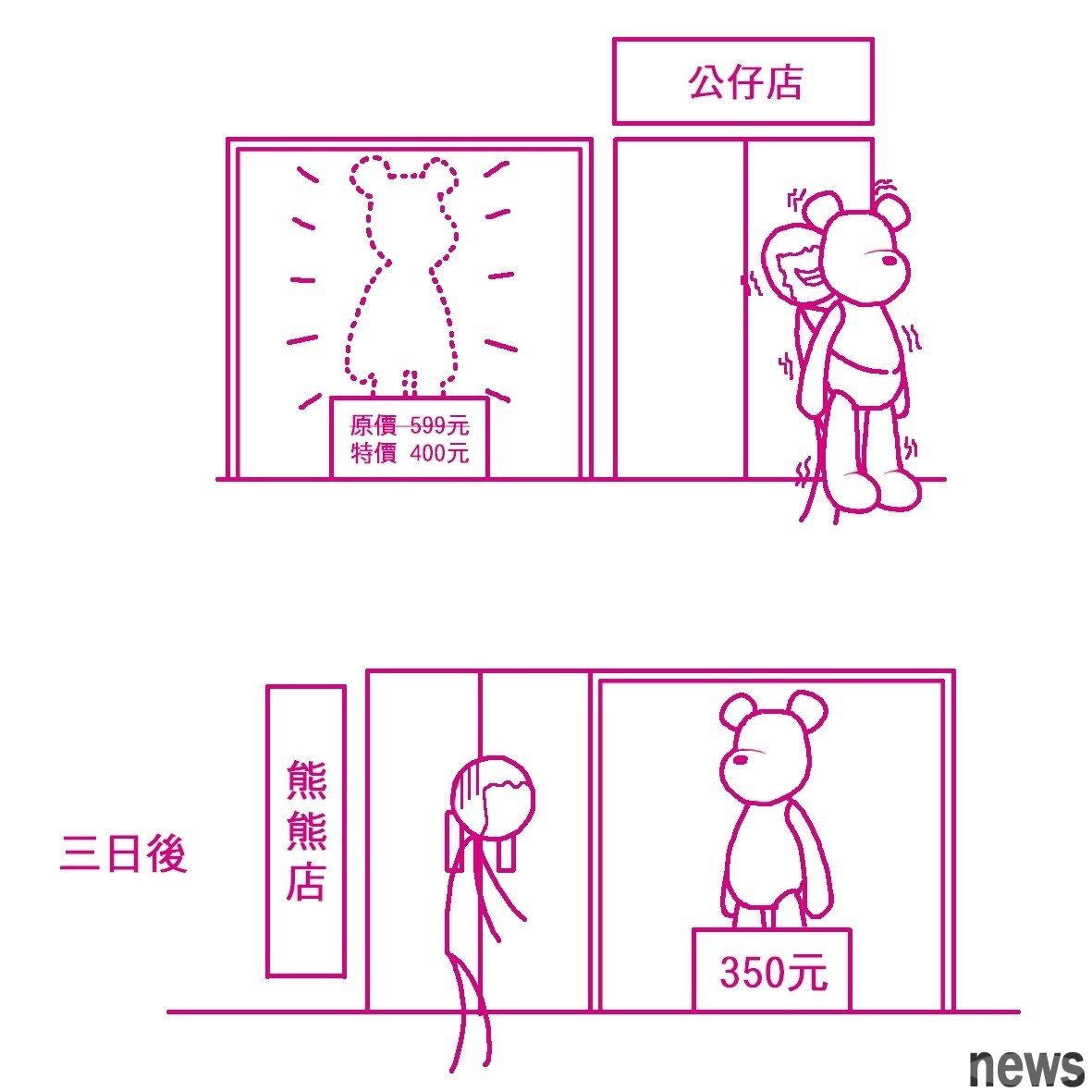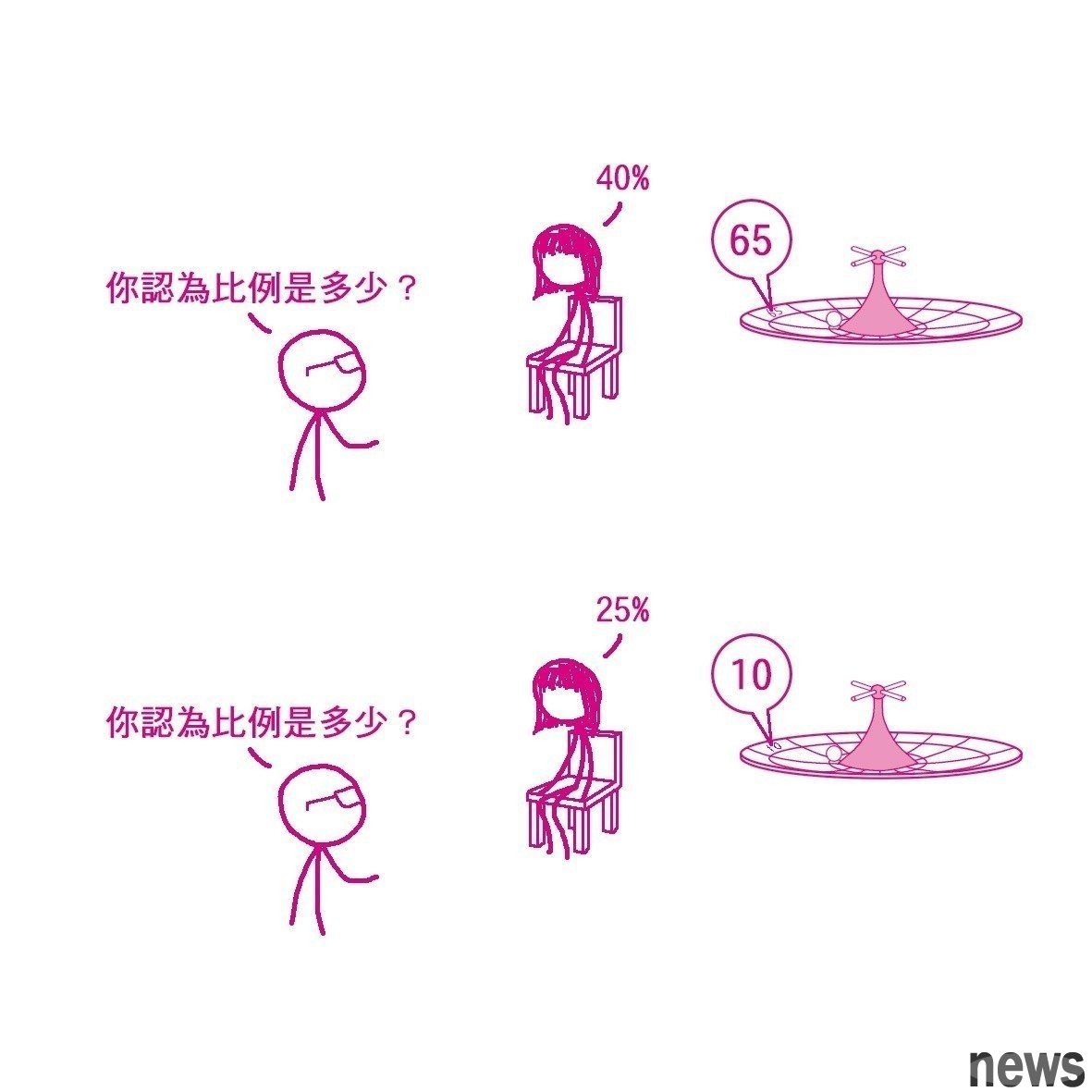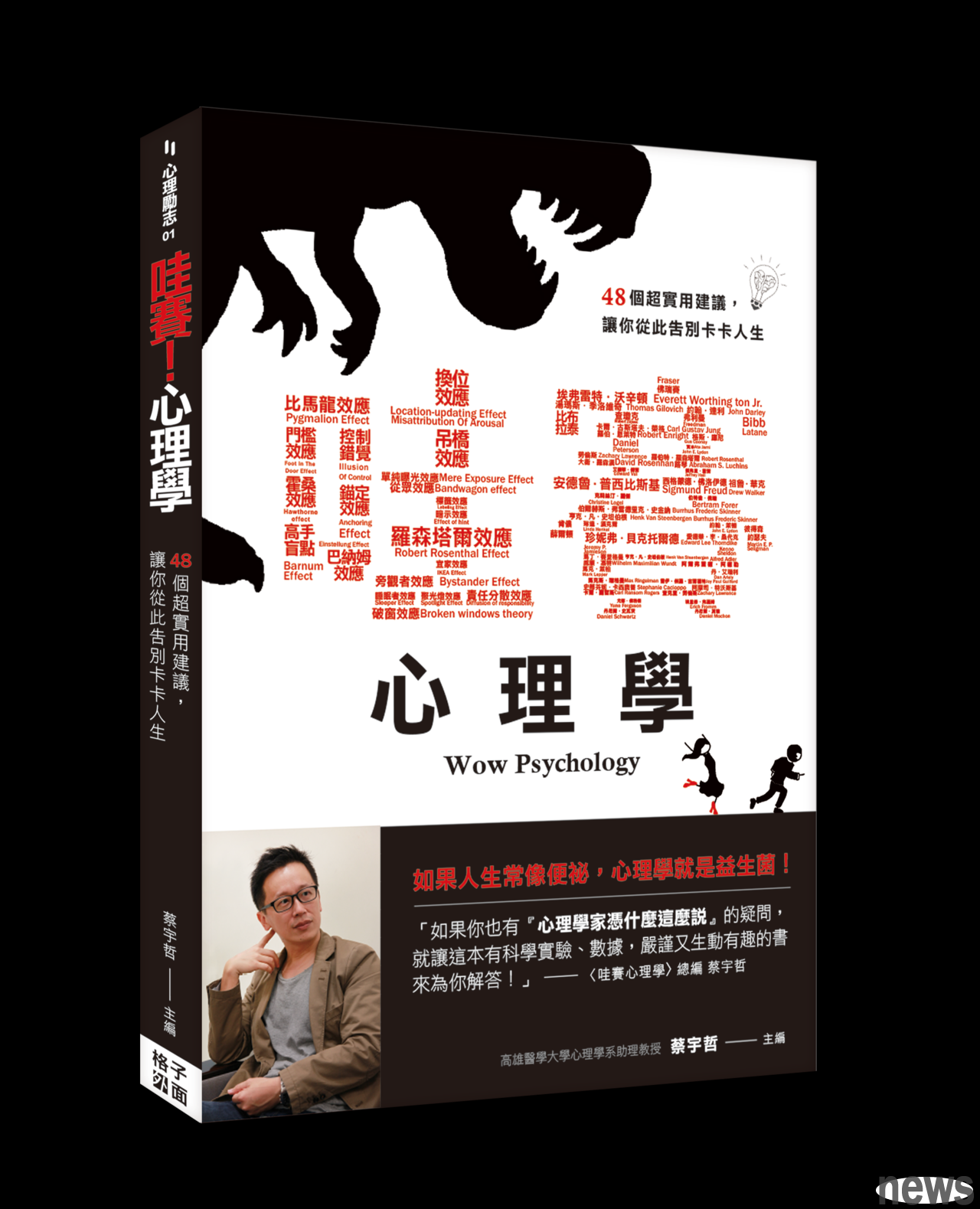When you hear "Only today's offer", you don't say that you will pay for it immediately, and you will be complacent about the cheap. Unexpectedly, after a few days, I saw the same doll in another place. I found that its original price was 350 yuan, which was cheaper than the discount you bought before, which made you very upset.

Almost everyone has encountered this kind of experience. Why are people prone to making such minor mistakes? In fact, this has nothing to do with our wisdom, but it is just because the brain secretly thinks about it in order to save effort!
Experience: The impact of previous information on subsequent decisionsAmos in 1974. Amos Tversky and Dannyer. Daniel Kahneman, two psychologists, have designed a series of practical experiments to understand how people make decisions, especially about digital decisions.
They found a group of students and asked them to first turn a wheel with a mark of 0 to 100, but the wheel was moved in advance. No matter how it turned, it would only stop at the numbers 10 and 65. When students get one of the numbers after turning the wheel and get one of the numbers, they are asked to answer a question, "What do you think is the proportion of African member countries in the United Nations?"
It was found that the proportion of African member countries with a wheel and a wheel to 65 is estimated to be about 40%; the number of students who turn the wheel to 10 is estimated to be 25%. Why is there such a big difference?
This is because students will not know the answer when answering questions without knowing the answer at all, and will use this number as a reference standard for answering questions. Therefore, students who are transferred to 65 will have higher guessing answers than students who are transferred to 10.

Through this experiment, it was discovered that when people make decisions, they often take previously obtained information as reference standards and then gradually correct them. It’s like a large ship that needs to dock, you have to first slash the cage under the sea, and then slowly move the hull to safely dock. Therefore, this phenomenon that occurs when people make decisions is called "anchoring effect".
Maybe you will be curious that the numbers obtained by turning the plate clearly have nothing to do with the answer to the proportion of African members. What is the reason why these students are so easily affected?
When people make decisions, they tend to find information for reference as a helping hand. The more they understand the more they need to refer to the information, especially with digital/money decisions. If there is no information available for reference for a while, it will be necessary to base it on the number you have recently received.
Take the dolls you saw at the beginning of the story as an example. The first store wrote the original price of 599 yuan, and you will use this as a basis to use it as a value as a doll. Then you will know that you can buy it for 400 yuan and you will happily feel that you will get a discount. Unexpectedly, the price of the doll may actually be lower.
Psychology advice for youIn life, if you only buy some daily necessities with low prices, the losses are still within an affordable control range. If you buy items with high prices such as cars and houses, especially if you don’t know how to evaluate the price, be careful.
A few years ago, there was a very good book called "The Confession of Black Heart Fang Zhong", which revealed the tricks commonly used by Fang Zhong Zhong employees. When a bad housekeeper takes his customer to see a house, he will first take him to see a few expensive houses, and then take his customer to see the items he really wants to sell. At this time, customers will compare this house with the blank house they saw before, which will give the feeling of being worth the money in front of them, and it is difficult to measure whether this house is in line with the needs of the object.
The calculating effect should be a natural reaction to people's brains, and it is not easy to overcome it in full. However, from the perspective of psychology, you can still give you some suggestions: First, don’t over believe in the judgment of direct perception and the first time to avoid making decisions; Second, use other angles to think more to verify and measure the basic value of things, such as online comparison of prices, inquiring about evaluations from different people, etc. Third, items with high-sized consumption are usually not a temporary idea, and you can write down your ideal conditions in advance as a comparison after inquiring, so as to avoid falling into the psychological trap of criterion.

 [Bookbook Introduction]
[Bookbook Introduction]
Book name: "Wow! Psychology: 48 super practical suggestions, let you tell Kaka life from here》
Author: Cai Yuzhe
Publisher: Grid Outer Culture
Publication Date: 2018/03/01
[Author Introduction]
Cai Yuzhe, Ph.D. in Psychology, is currently an assistant professor in the Department of Psychology at Kaohsiung Medical University and vice chairman of the Taiwan Applied Psychology Association. He is also the founder and editor of "Wao Competition Psychology".
Pan-Science, Yuanqi.com, Falling/Lost Garden, Chinese Daily Science Edition, Lions and Young People, and other specialized authors, "Magic Psychology".